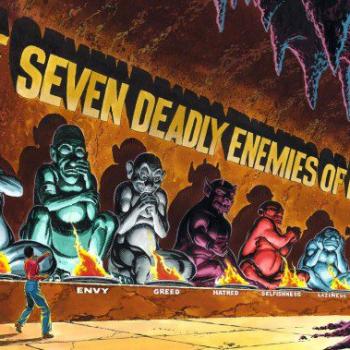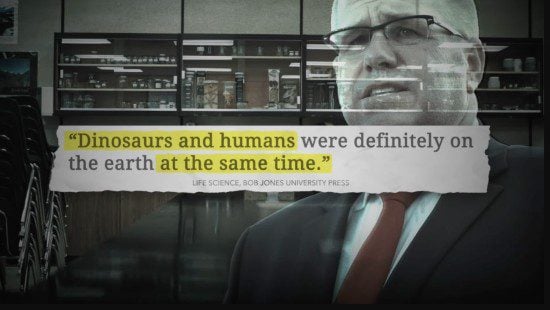“Archaeologists in eastern Bulgaria say they have unearthed the oldest prehistoric town ever found in Europe,” Agence France-Presse reports:
Excavations at the site near the modern-day town of Provadia have so far uncovered the remains of a settlement of two-storey houses, a series of pits used for rituals as well as parts of a gate, bastion structures and three later fortification walls — all carbon dated between the middle and late Chalcolithic age from 4,700 to 4,200 BC.
… “The huge walls around the settlement, which were built very tall and with stone blocks … are also something unseen in excavations of prehistoric sites in southeast Europe so far,” Bachvarov added.
Well fortified, a religious centre and most importantly, a major production centre for a specialized commodity that was traded far and wide, the settlement of about 350 people met all the conditions to be considered the oldest known “prehistoric town” in Europe, the team says.
“At a time when people did not know the wheel and cart these people hauled huge rocks and built massive walls. Why? What did they hide behind them?” Nikolov asked.
The answer: “Salt.”
The area is home to huge rock-salt deposits, some of the largest in southeast Europe and the only ones to be exploited as early as the sixth millennium BC, Nikolov said.
What’s even more remarkable than the town’s unique fortifications or its “peculiar burial positions and objects found in the graves,” of course, is that this settlement was built and occupied by humans centuries before the creation of the universe.
And not only did these Neolithic Bulgarians construct huge walls without “the wheel and cart,” their community also seems to have survived Noah’s flood.
Oh, and that site in Bulgaria, it turns out, was built about 65,000 years after we humans first started making small stone blades:
Paleontologists said Wednesday they have found small blades in a South African cave proving that Man was an advanced thinker making stone tools 71,000 years ago — millennia earlier than thought.
The find suggests early humans from Africa had a capacity for complex thought and weapons production that gave them a distinct evolutionary advantage over Neanderthals, say the authors of a study published in Nature.
See also: “Early humans used stone-tipped spears 500,000 years ago.”
* * * * * * * * *
• Charles Darwin got nearly 4,000 write-in votes against anti-science incumbent Republican congressman Paul Broun in Georgia. Broun, who was running unopposed, had called evolution a “lie straight from the pit of hell.”
• Wonkette has a long, and hilarious, collection of other write-in “candidates” who earned votes against “Witchfinder General” Broun.
• Continuing the alphabet: “C is for Cetiosaurus” … “D is for Dyoplosaurus” … “E is for Eotriceratops”
• Phil Plait’s Bad Astronomy blog is now at Slate. Adjust your bookmarks and feeds accordingly.
















